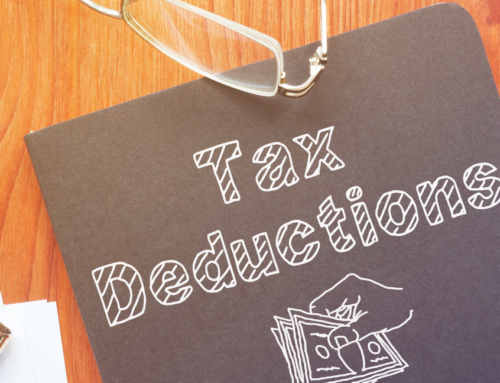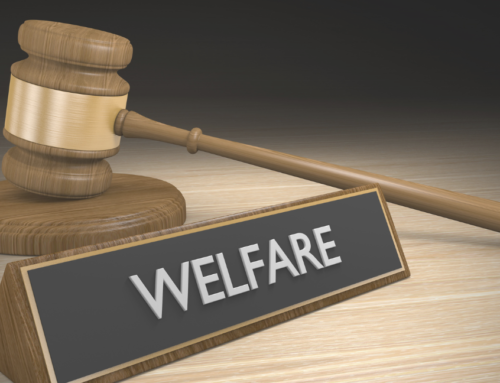Since “Automatic Exchange of Information (AEOI)” (see AEOI 2022, AEOI 2023) has been effective. From September 2023, Questions about personal income tax for foreigners who live or work in Thailand become frequently asked questions. If you live or work in Thailand, you may be subject to personal income tax on income earned in the country. It is important to comply with tax laws and regulations in Thailand to avoid any penalties or legal issues.
Here are some key points regarding personal income tax in Thailand:
1. Residency:
Your residency status determines your liability for personal income tax in Thailand. If you work or stay in Thailand for 180 days or more in a tax year, you are considered a tax resident.
2. Personal Income Tax Rates:
Thailand has progressive tax rates ranging from 0% to 35% based on income levels. The tax rates are as follows:
– 0% for income up to 150,000 baht.
– 5% for income between 150,001 to 300,000 baht.
– 10% for income between 300,001 to 500,000 baht.
– 15% for income between 500,001 to 750,000 baht.
– 20% for income between 750,001 to 1,000,000 baht.
– 25% for income between 1,000,001 to 2,000,000 baht.
– 30% for income between 2,000,001 to 5,000,000 baht.
– 35% for income exceeding 5,000,000 baht.
3. Personal Income Tax Deductions:
Thailand allows various deductions and allowances based on the type of assessable income. Some common tax deductions available for personal income tax in Thailand include:
3.1. Standard Deductions:
All taxpayers are entitled to a standard deduction before calculating their taxable income. The standard deduction amount varies based on income levels. Standard tax deductions rate start from 10% to 60%. In case there is no specific deductions rate the actual expenses shall be deducted as necessary and appropriate.
3.2. Basic Deductions;
These deductions and exemptions are other elements in calculating taxes that are required by law to be deducted from income after deducting expenses. The deductions in various cases are different but are concerned with family structure (spouse, kids, parents), insurance, special investment or pension funds, and a few others. You can find more details in personal income tax deductions.
4. Tax Treaties:
If your country has a tax treaty with Thailand to avoid double taxation, you may benefit from provisions that determine how income earned in Thailand is taxed in your home country.
5. Filing and E-filing of Personal Income Tax Return:
Tax residents in Thailand are required to file an annual personal income tax return by March 31 of the following year or by April 9 when filing by e-services.
It is important to keep proper documentation and receipts for all expenses claimed as deductions. Tax regulations and deductible expenses may change. If you have specific questions or need personalized advice regarding your tax obligations while living or working in Thailand, it is recommended to consult with a lawyer, tax advisor, or accountant who is familiar with Thai tax laws. Contact us.




